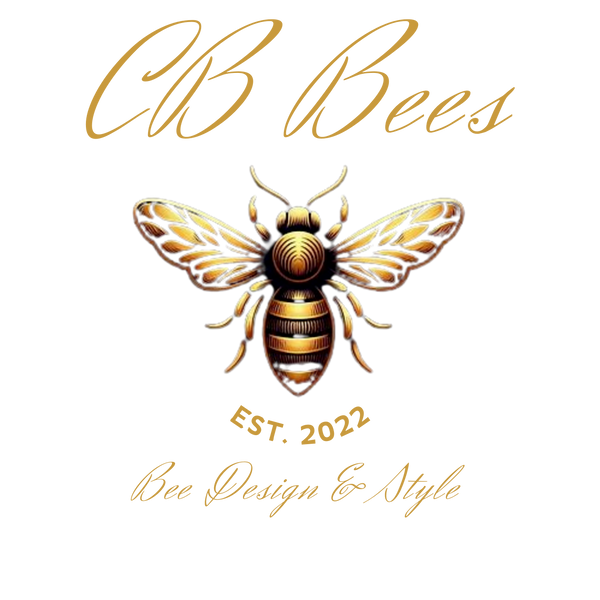The Importance of Pollinators in Our Ecosystem

Pollinators are essential to life on Earth. They play a crucial role in maintaining biodiversity and supporting agricultural systems that sustain human life. Despite their importance, pollinator populations are declining at an alarming rate due to habitat loss, climate change, and pesticide use. In this article, we'll explore the vital role pollinators play in our ecosystem, the challenges they face, and what we can do to protect them.
What Are Pollinators?
Pollinators are animals that transfer pollen from the male part of a flower (anther) to the female part (stigma), enabling plants to produce fruits, seeds, and reproduce. The most well-known pollinators include bees, butterflies, birds, bats, and beetles. However, bees—both wild and domesticated—are the most effective and widely recognized pollinators.
Why Are Pollinators Important?
1. Food Production
Pollinators are responsible for the reproduction of over 75% of flowering plants and nearly 35% of the world’s food crops. Foods like apples, almonds, berries, coffee, and tomatoes rely on pollinators. Without them, many fruits, vegetables, and nuts would be scarce or nonexistent.
2. Biodiversity Support
Pollinators contribute to the health of ecosystems by supporting plant diversity. Plants, in turn, provide habitats and food for other organisms, creating a balanced and thriving ecosystem.
3. Economic Value
Pollinators contribute significantly to the global economy. According to the Food and Agriculture Organization (FAO), pollinators' work is valued at over $235 billion annually. This includes their impact on crop yields and quality.
4. Environmental Benefits
Pollinated plants play a role in preventing soil erosion, regulating the water cycle, and sequestering carbon. These plants form the backbone of healthy ecosystems, contributing to climate regulation and resilience.
The Decline of Pollinators
Unfortunately, pollinators face numerous threats that have led to alarming population declines.
1. Habitat Loss
Urbanization and agricultural expansion reduce the natural habitats of pollinators, leaving them with fewer nesting and foraging sites.
2. Pesticides and Chemicals
The widespread use of pesticides, especially neonicotinoids, can be toxic to pollinators. These chemicals weaken immune systems, reduce reproduction rates, and sometimes cause death.
3. Climate Change
Shifts in temperature, precipitation, and seasonal patterns disrupt the life cycles of pollinators and the plants they pollinate.
4. Diseases and Parasites
Pollinators, especially honeybees, are vulnerable to parasites like the Varroa mite and diseases such as colony collapse disorder (CCD).
How to Protect Pollinators
While the challenges are significant, there are steps we can take to support pollinator populations and ensure their survival.
1. Plant Pollinator-Friendly Gardens
Create habitats by planting native flowers, shrubs, and trees that provide nectar and pollen year-round.
2. Reduce Pesticide Use
Opt for natural pest control methods and avoid using harmful chemicals in gardens and agricultural practices.
3. Support Organic and Sustainable Farming
Buy organic produce to support farming practices that protect pollinators and their habitats.
4. Provide Water Sources
Pollinators, like all animals, need water. Add shallow water dishes with pebbles for safe drinking spots.
5. Educate and Advocate
Spread awareness about the importance of pollinators and advocate for policies that protect their habitats and regulate harmful chemicals.
The Role of Bees in Pollination
Bees are considered the most efficient pollinators because of their specialized anatomy and behavior. Honeybees and bumblebees are particularly important for agricultural pollination, while solitary bees like mason and carpenter bees contribute significantly to wild plant pollination.
Pollinators and the Future of Food Security
The decline of pollinators poses a direct threat to global food security. Without them, agricultural yields would drop drastically, leading to higher food prices and potential shortages. Protecting pollinators is not just an environmental issue—it’s a human survival issue.
Conclusion
Pollinators are indispensable to the health of our planet and the sustenance of human life. Their role in food production, biodiversity, and environmental stability makes them one of nature’s most valuable assets. By taking simple but impactful steps, we can reverse their decline and ensure that pollinators continue to thrive for generations to come.

